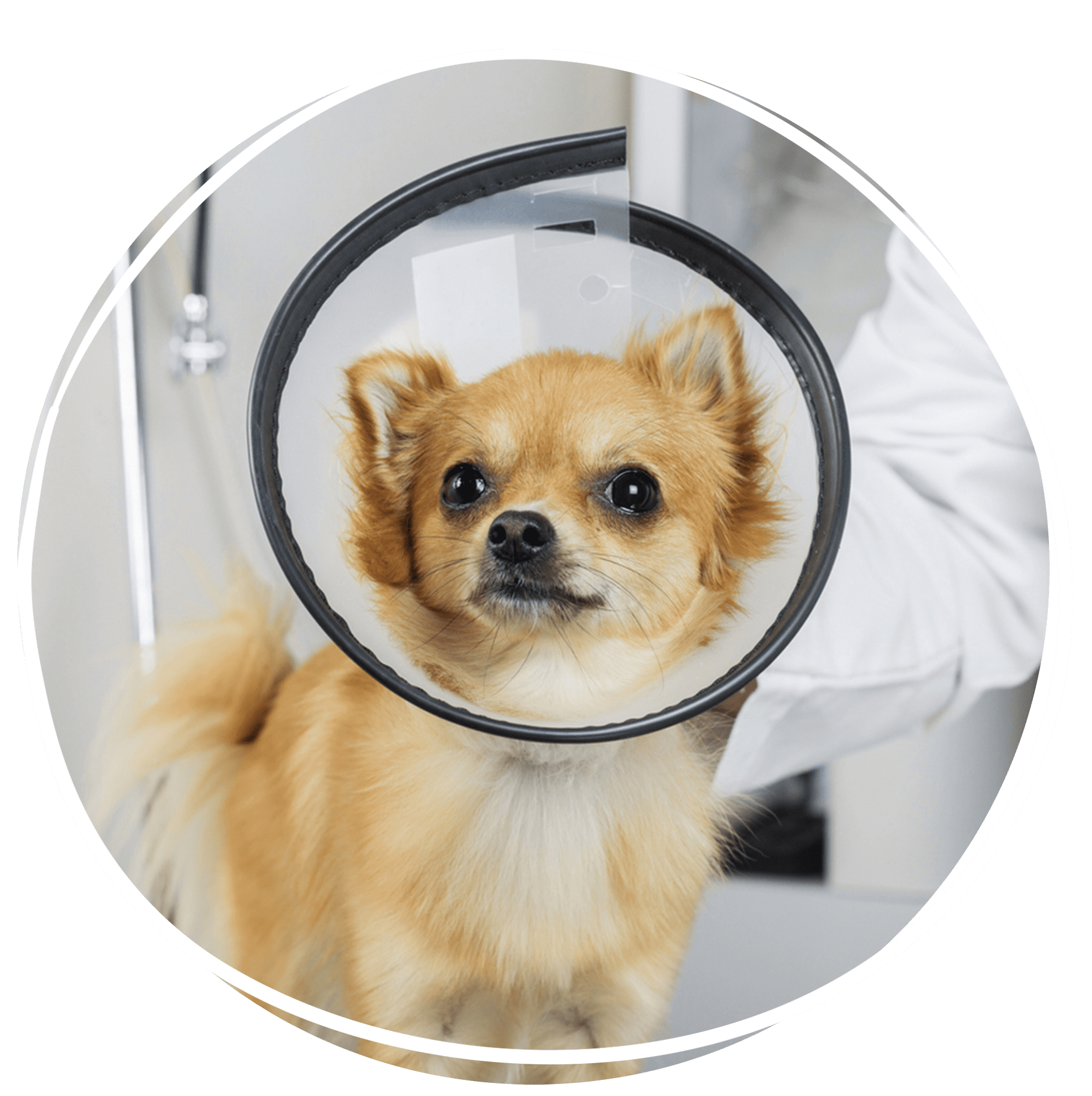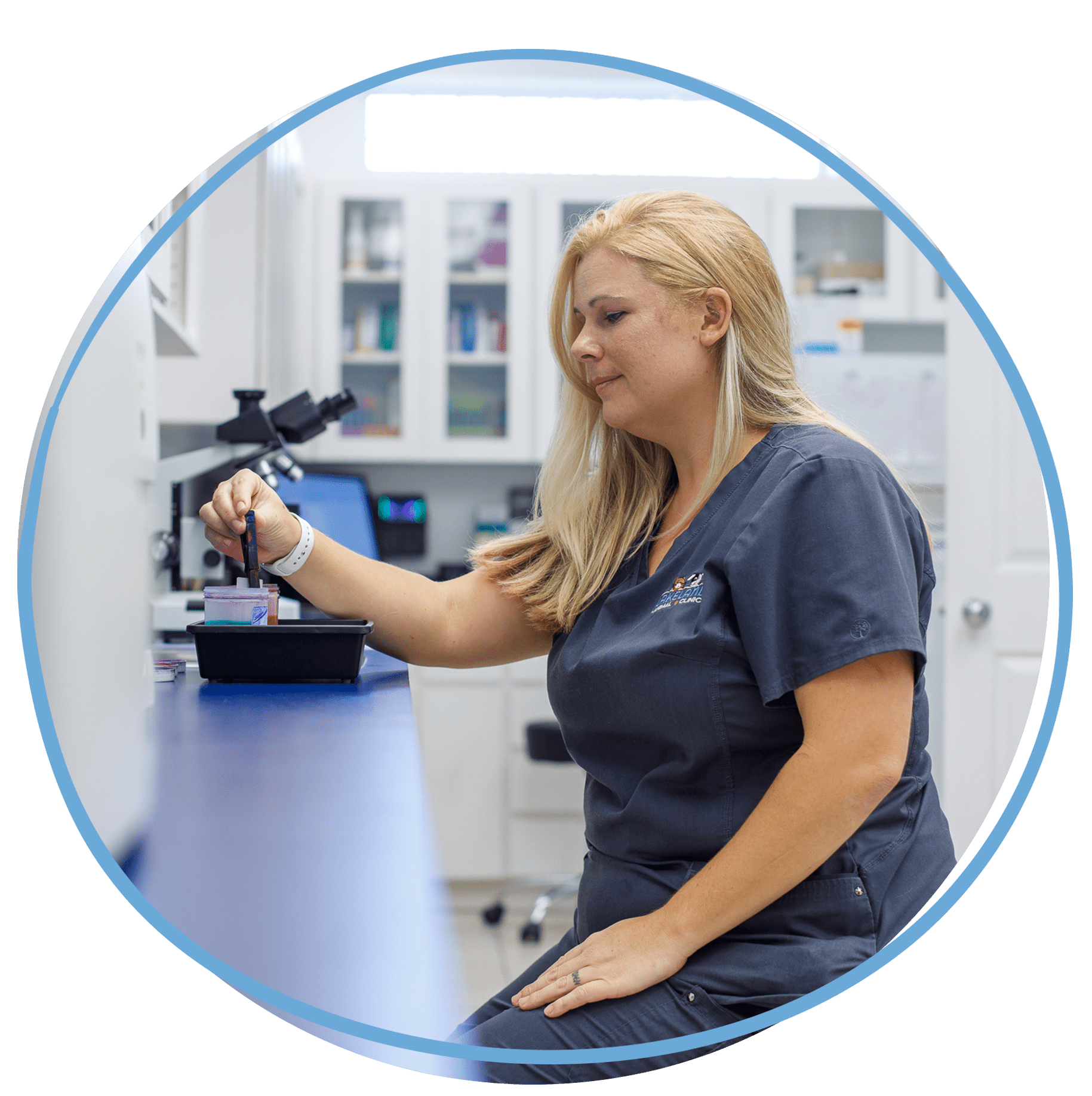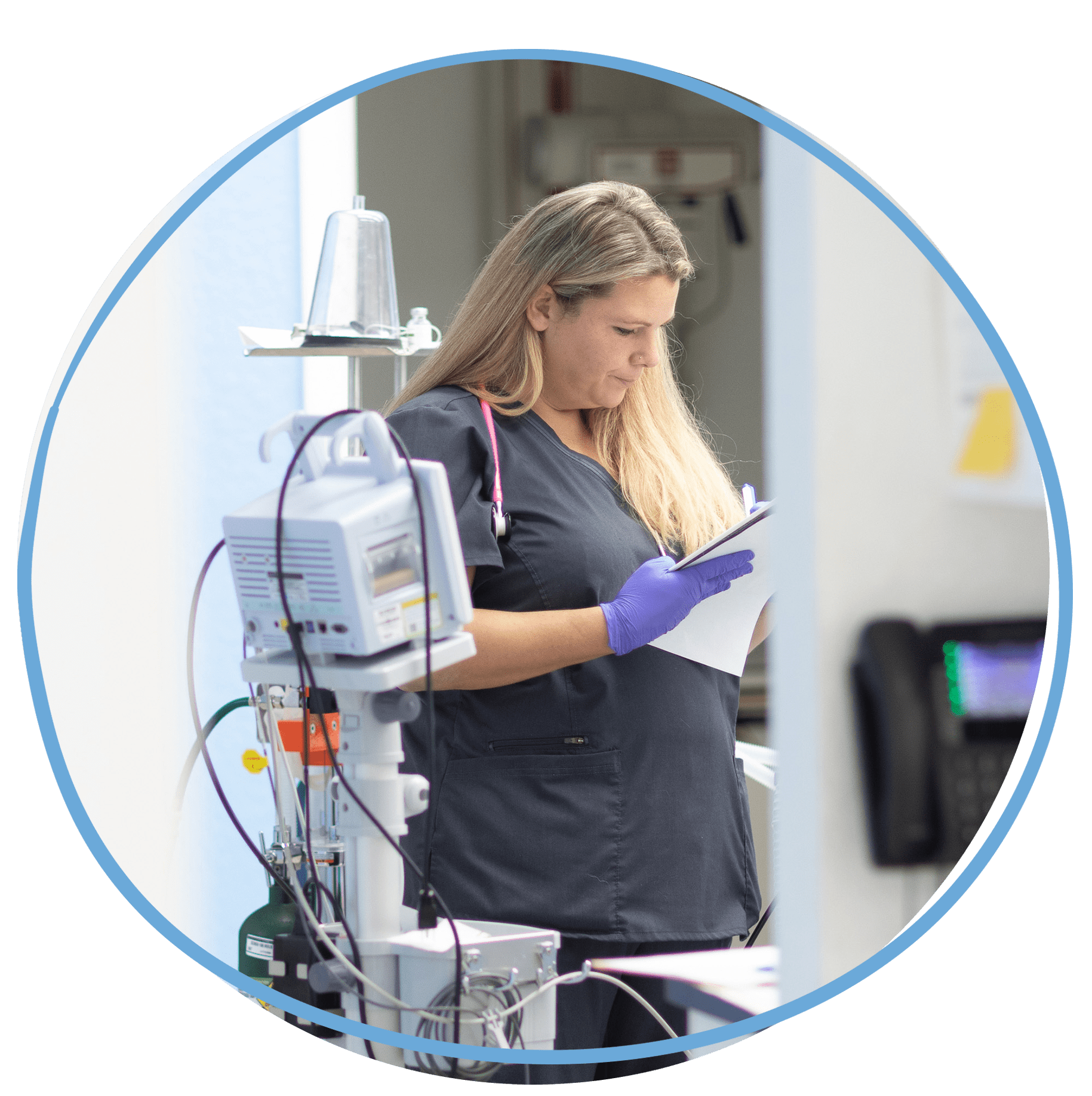
What You Need to Know About Cat & Dog Surgeries in Lakeland, FL

Cat and dog surgeries are almost as commonplace as human surgeries, and we are just as concerned and careful about keeping our patients safe. At Lakeland Animal Clinic, we have state-of-the-art equipment and protocols in place to make surgery as comfortable as possible for your pet. While risks are an inherent part of every surgical procedure, you can be assured that we have the ability to significantly reduce those risks. If your pet is in need of surgery, give us a call at (863) 688-3338.

Our Safety Procedures
From pre-surgical preparation to post-surgical care, your pet is never alone. A skilled staff member is always at their side to monitor their health and make sure they're safe. You can expect open communication and frequent follow-ups with our team to keep you informed and put you at ease.

Lab Work
All pets undergoing surgery at our hospital must have lab work done before being placed under anesthesia. This ensures that they are healthy and experience minimal risk during surgery.
Lab work includes:
- A chemistry panel with basic parameters for young patients
- A complete blood count (CBC) and a full chemistry panel for seniors or pets with chronic diseases
We perform all blood work in our hospital on the day of surgery. Following the blood work, patients also receive an IV catheter that provides presurgical pain medication and fluids. Each patient has an anesthetic protocol tailored directly to their needs for best safety.

Continuous Monitoring
A veterinary assistant monitors your pet during their surgery, keeping an eye on EKG, blood pressure, SpO2, and temperature values throughout. We also use warm blankets to keep their temperature stable and healthy. This is important because while sedated, your pet’s body temperature will decrease and without proper warming methods, they can develop hypothermia. In addition, maintaining body temperature can decrease your pet's recovery time.
